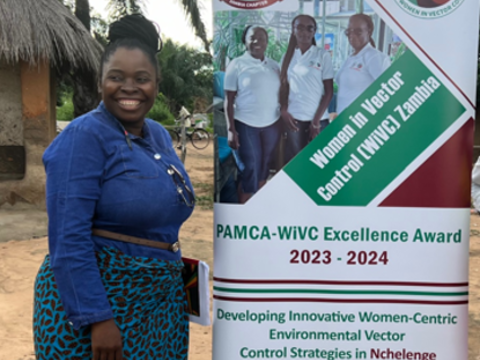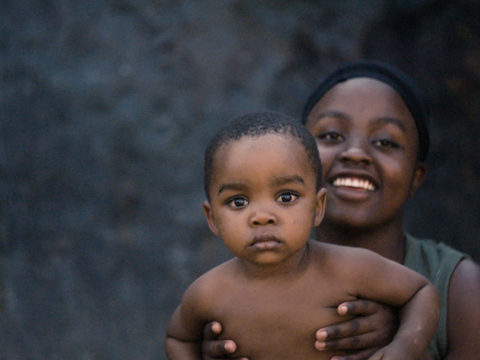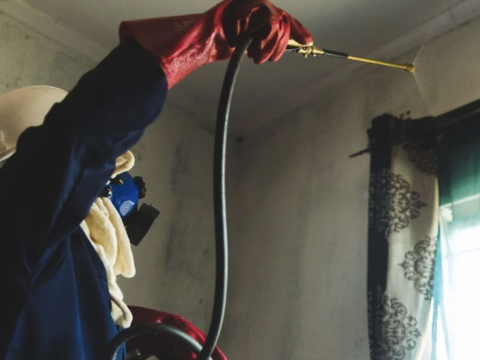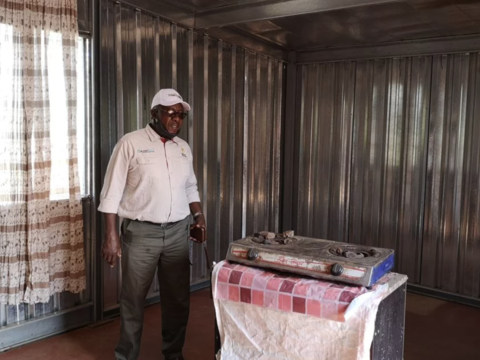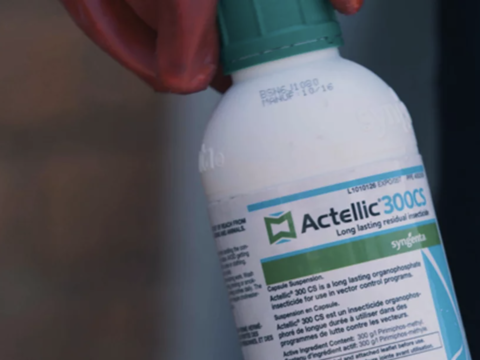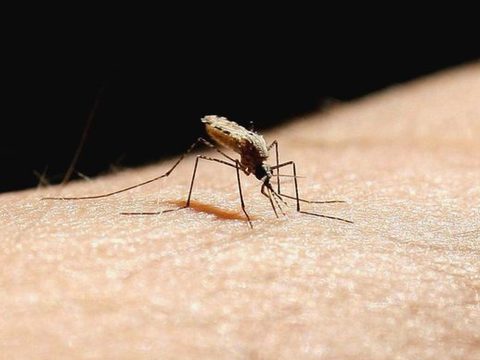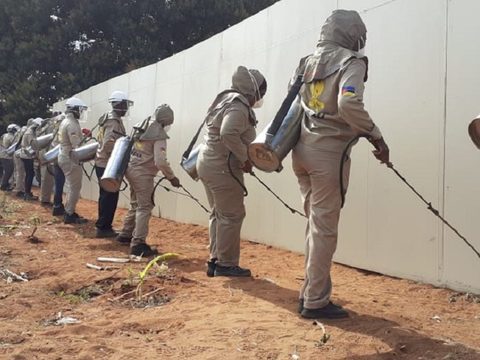Shining the spotlight on women in Vector Control at the 2023 PAMCA Conference
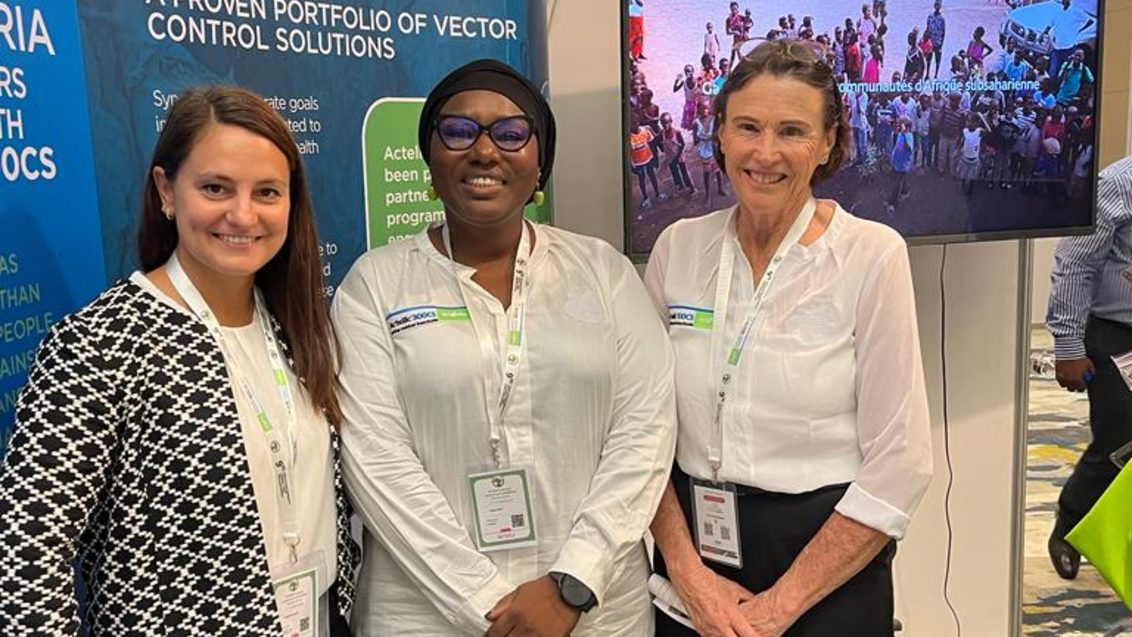
Syngenta is excited to sponsor the ninth annual Pan-African Mosquito Control Association (PAMCA) Conference, which is being held Sept. 17-21, 2023, in Addis Ababa, Ethiopia. Industry leaders from across the globe will be assembling to discuss reorienting surveillance and management in the context of emerging threats of disease vectors.
To develop new solutions to help slow the spread of vector-borne diseases, it’s important to encourage diversity of thought and participation within the industry. That’s why Syngenta is driven to find ways to support Women In Vector Control. We sat down with some of the women who support vector control at Syngenta to hear their stories.
|
Hawa Diallo, Public Health Business Manager for Syngenta EAME, West and Central Africa Historically, vector control has always been dominated by men. As an African woman, I live in a society where at first glance, men have more responsibility than women, and the society has already determined certain professions are reserved for men. But in recent years, with the support of several international institutions PAMCA, we have seen a lot of improvements. More countries have implemented systems of equality between men and women, which allow qualified women to take more responsibility and power. These policies have helped women integrate into male-dominated professions, including vector control. A few years ago, when I started in vector control, I worked with an association of dynamic women to establish a structure in their community that would give them the necessary tools—like adequate equipment and training, quality insecticides and project management to help them protect their community against malaria at a reasonable cost and provide them a source of income. What impressed me most about these women was their dynamism, commitment and drive to protect their community. They play a vital role in the management of African households, so when they are bedridden with malaria or stuck in the home caring for a family member with malaria, they are unable to be fully productive, which lowers their family’s livelihood. The role of women is essential to the fight to end malaria. |
Dr. Laura Vavassori, Global Technical Manager for Syngenta Vector Control These two pictures from earlier in my career show me collecting Aedes mosquito larvae from used tires in Abidjan, Côte d’Ivoire (left) and spraying blocks to test efficacy of indoor residual spray products in Tanzania (right). I remember during my stay in Tanzania seeing a poster with this phrase: “I am not a woman in science, I am a scientist.” I think no matter our gender or origin, we should unite our forces in the fight against deadly diseases transmitted by mosquitoes. Because it is up to us, the people and the public health experts, to make a difference in our jobs and daily lives. As with many other scientific fields, vector control is still very male-dominated, and there is so much more work to be done to provide the same career opportunities for men and women. As a woman, I am committed to empowering other women and colleagues in our initiatives by guaranteeing inclusiveness. At Syngenta I have found a very diverse and multicultural team, where you can come as you are, no matter your gender, and I am treated like a scientist. |
Come visit Hawa, Laura and the rest of the Syngenta team at the exhibition hall to learn more about our vector control efforts across sub-Saharan Africa and our portfolio of solutions and latest news.
Bringing collaborators together is a key step toward a malaria-free sub-Saharan Africa, and Syngenta is proud to partner with PAMCA as we work toward eliminating this devastating disease. Together we can also support more diverse roles for women in the industry. To learn more about the PAMCA Conference visit Conference2023.PAMCA.org and join the conversation on X with @SyngentaMalaria and #PAMCA2023.


